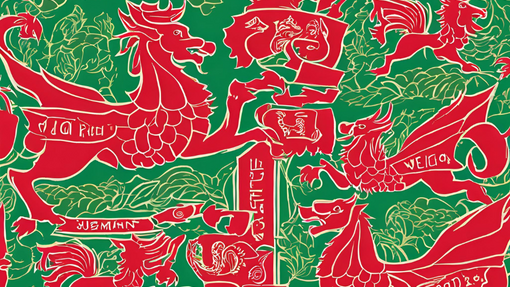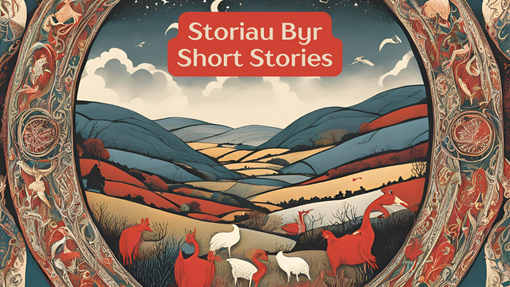Why the Students’ Union president chose Welsh at A-Level

Hannah Freckleton is studying A-levels at Coleg Sir Gâr as well as undertaking her pivotal role as president of the Students’ Union.
She explained that taking Welsh as an A-level was an important choice for her and because she wasn’t sure of her career path at the time, she knew that whatever she ended up doing, being able to use Welsh in her daily life would always give her an advantage.
Hannah says that studying at A-level is completely different to GCSE. “You gain a strong foundation in the language at GCSE, which is essential for building confidence,” she said. “But at A-level, you take that and develop it further, focussing on real-world applications and the topics we study feel more connected to everyday life and conversations, which makes the learning experience rewarding and meaningful.”
Hannah’s class is currently studying a play called Crash, which she says she enjoys because it uses Welsh dialects and talks about issues facing teenagers, which makes it easy to relate to the characters.
Studying the Welsh language in society and its history, the group discusses the challenges that Welsh faces locally and nationally and what efforts are being made to promote the language.
Hannah Freckleton said: “On top of this, we study a range of short stories which are so diverse.
“Some are serious and thought-provoking, whilst others are more imaginative and fantastical.
“It’s a really broad and engaging syllabus that keeps things new and exciting.”

“Welsh is a skill that opens doors and connects you to the culture and community in Wales.”
Hannah uses her Welsh in her part-time retail job which allows her to communicate with customers in the language they feel most comfortable speaking and she says it’s always rewarding seeing how people appreciate being able to use their first language as it’s often quite rare. “I also use Welsh at home with my dad, who is currently learning Welsh, so it’s a great way for us to practice together,” she said. “Additionally, many of the older residents in my village are Welsh speakers and it feels respectful to speak to them in Welsh as it’s the language they prefer.”
Studying a second language Welsh A-level includes modules in film and oracy, a portfolio of written work, use of language and poetry, drama and oracy, short stories and Welsh in society and translanguaging, which is a theory that explains the dynamic way people use language in real life.
Hannah Freckleton added: “Learning Welsh has huge benefits, not just for individuals but for society as a whole. Like any language, it’s an amazing skill to be bilingual - it improves communication and enhances your opportunities.
“Specifically for Welsh, it just makes sense if you live in Wales. Learning the language helps you connect to the culture and heritage around you. It’s also a big advantage for jobs; being able to speak Welsh makes you stand out, especially in competitive fields.
“Beyond that, there’s a bigger picture - preserving the Welsh language is vital for keeping our culture and identity alive.
“It’s heart-breaking to think of a language dying out, along with the rich history and stories it carries. Welsh isn’t just a language of the past; it’s a living part of our present and future, and we all have a role to play in ensuring it thrives.
“I plan to study psychology at university with the goal of becoming a clinical psychologist.
“In Wales, being able to speak Welsh will be an invaluable skill, helping me connect with patients more effectively and provide them with the best possible support.”

